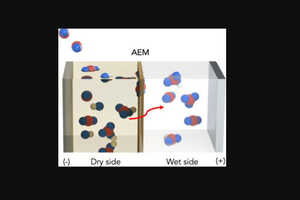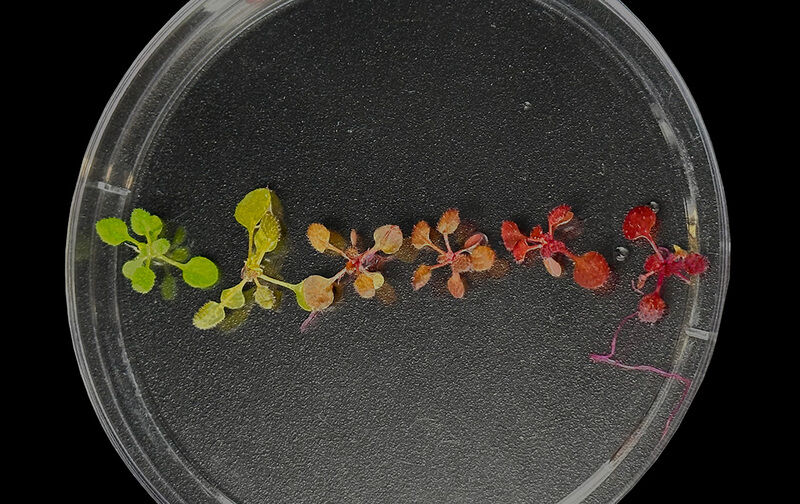Genetically Engineered Plants





















The Berkeley Lab Develops Agrobacterium for Improved Efficiency
Debra John — November 8, 2024Scientists at Lawrence Berkeley National Laboratory (Berkeley Lab) have developed a way to improve the efficiency of genetic engineering in plants by "making small adjustments to Agrobacterium tumefaciens, a bacterium used in genetic engineering; known for its unique ability to transfer its DNA into plant cells, Agrobacterium naturally causes tumors in plants but is also essential in genetic engineering to introduce beneficial traits."
The recent adjustments to Agrobacterium enhance this DNA transfer process, known as “transformation.” This advancement allows scientists to more easily modify plants and fungi, particularly for sustainable uses such as producing biofuels and other bio-based products.
By streamlining the transformation process, researchers can more effectively alter plants for increased resilience, productivity, or adaptability, potentially boosting agricultural efficiency and supporting environmental goals through improved biofuel production. This progress in genetic engineering holds promise for creating crops that better meet energy and agricultural demands.



